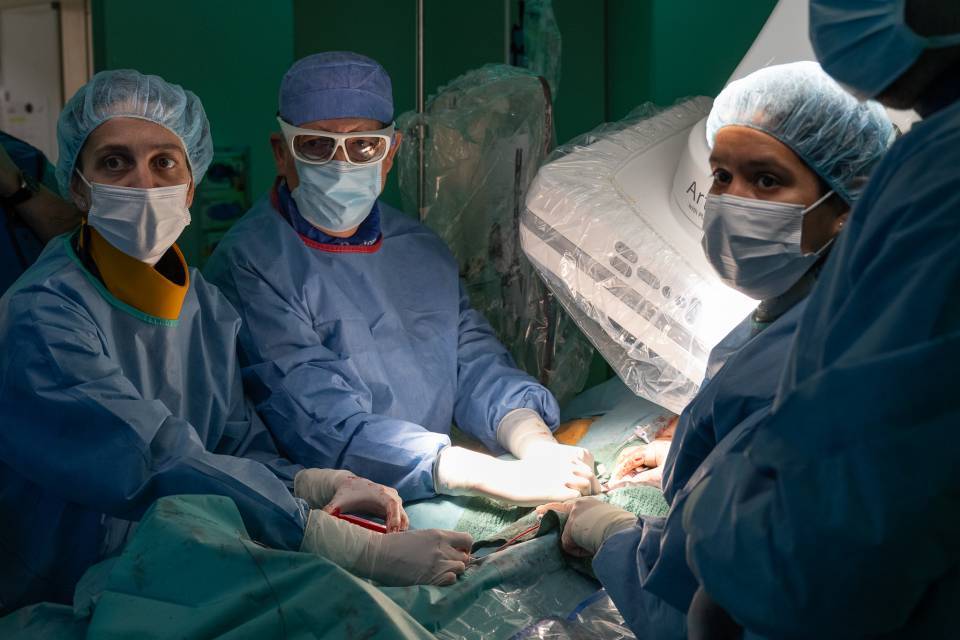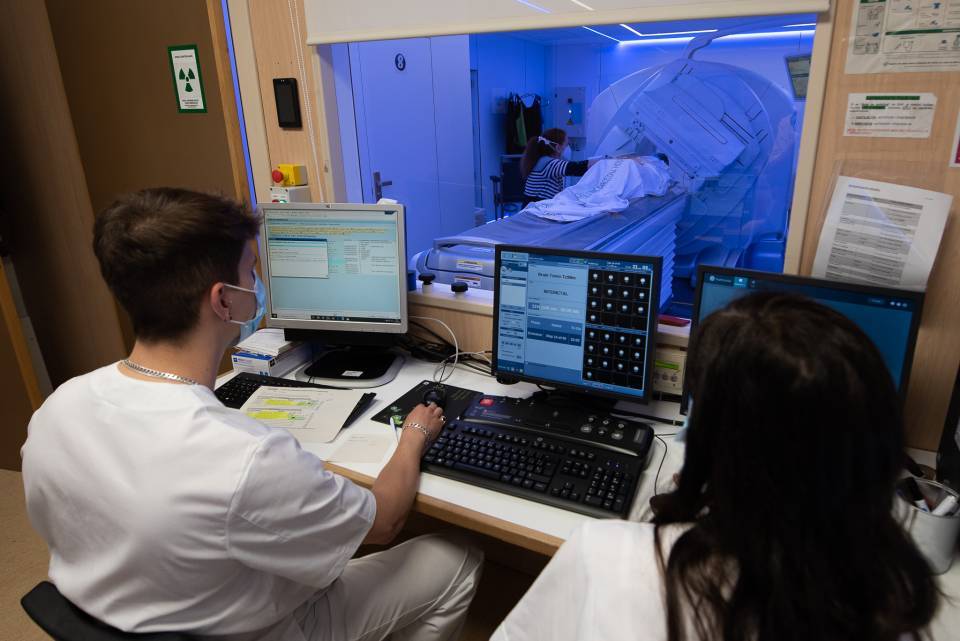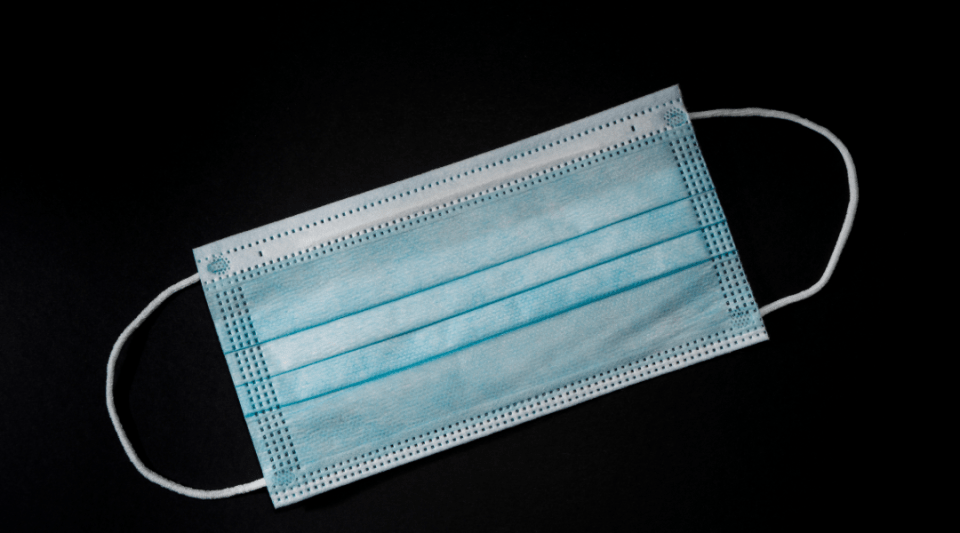Among other things, the notable increase in the number of visits to the day hospital is the result firstly of the consolidation in 2020 of a Headache Unit with three neurologists and an APN specializing in headaches and migraines, and also of the appearance of advanced treatments, which are increasingly effective and safe and often complement one another. Preventive treatment available includes botulinum toxin A, monoclonal anticoagulants that target the calcitonin gene-related peptide (CGRP) pathway, and the more recent gepants.
Botulinum toxin A is an effective option as preventive treatment for people suffering from chronic migraine, i.e. those who experience headache at least 15 days a month, 8 or more of which are migraines. At the Clínic, it was first used in 2012 with 918 treatments each year, reaching 3,240 by 2023, with an annual increase of 34% maintained over the last few years. Monoclonal antibodies targeting the CGRP pathway are drugs administered subcutaneously or intravenously, which act preventively by reducing the frequency and severity of migraine attacks. In general, they are very well tolerated and have no serious side effects. In more severe cases, treatment is usually based on triptans and ditans, while various types of cranial nerve blocks are also available.
All these treatments represent a great improvement in a patient’s quality of life and allow for personalized treatment in each case, providing a comprehensive and integrated approach.
The Headache and Facial Pain Unit at the Hospital Clínic Barcelona is also committed to the use of new technologies in order to reach the vast majority of the population suffering from the disease and achieve greater control and less disability. Among other things, it heads the Migragile project in coordination with the primary care centres in its area of influence (Barcelona Esquerra Integrated Health Area, AISBE). Migragile is a project that aims to facilitate the detection of the severity of migraine in patients treated at primary care centres. It provides them with a QR code and an online survey on the severity of their migraine. Migragile allows patients to be categorized as having low-frequency episodic migraines, high-frequency episodic migraines and chronic migraines, and also categorizes the degree of disability the migraines cause in their personal, family and work life. Every month, 20 new cases of migraine are detected, and the APN specializing in headaches and migraines links them to an online therapeutic education project, since 90% of patients who attend primary care centres need this support.
The Unit not only offers treatment and therapeutic education, but also carries out teaching and research. Recently, the Clínic published a study that concludes that therapeutic education is an essential component in tackling chronic migraine. An assessment was made of the impact of a therapeutic education programme for chronic migraine patients that was carried out between February and July 2023 and included 40 patients with over 15 headache days a month, which had a high impact on their quality of lie. The results showed a significant impact on multiple aspects of the disease. The number of headache days were reduced by an average of four days, and the number of migraine days by an average of two days a month.




